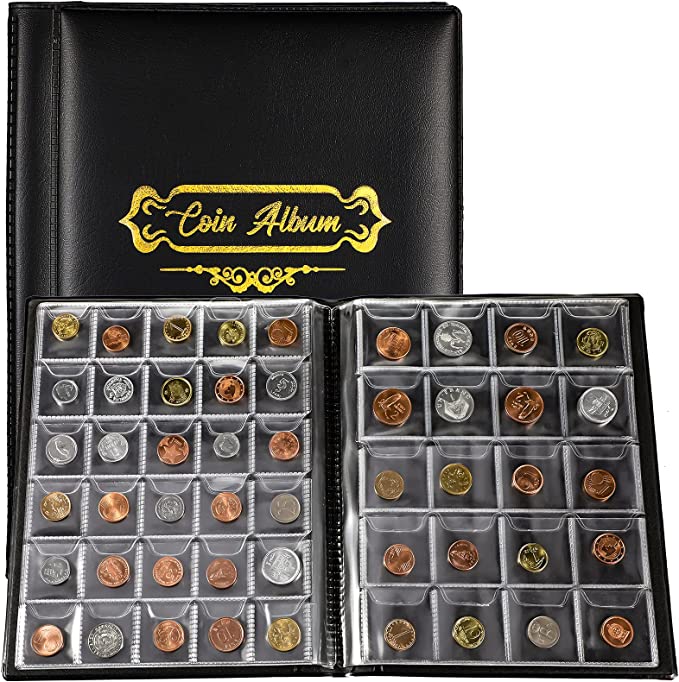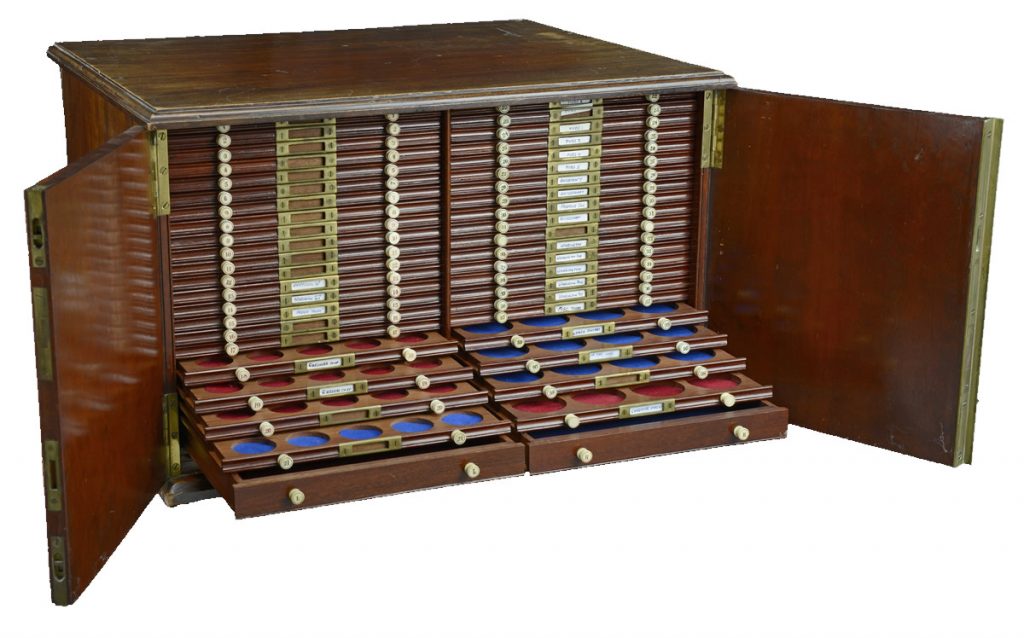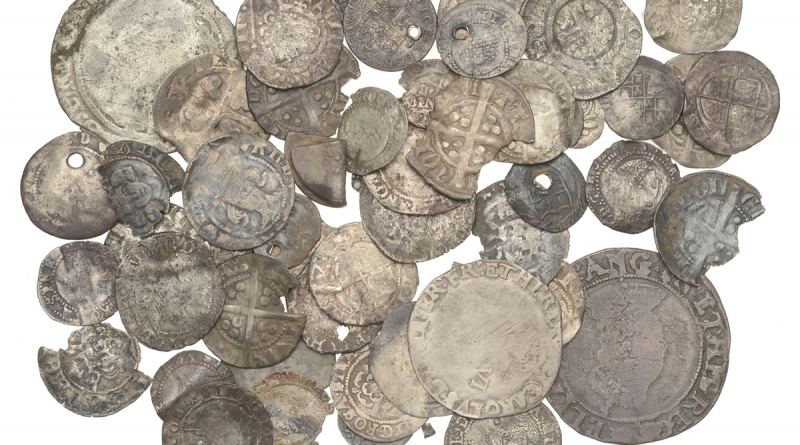How do you store your coins?
Badly worn or corroded copper and bronze coins are often consigned to the ‘grot box’. Silver coins, even those in poor condition, are almost always separated out and kept. But how are the better copper and bronze and the silver coins stored?
I know a few detectorists who simply put the nicer coins into a box and when it fills up they start to fill another box. Quite frankly, if a detectorist stores coins in that way then they can’t have much interest in their finds. Therefore, they should stop detecting and start another hobby.
Envelopes
Small plastic and paper envelopes are available and these are ideal for the storage of coins.

These can be individual, in a sheet or in an album, all available relatively cheaply. Details can be written on the envelopes or on sticky labels. Alternatively, just a reference number can be placed upon the envelopes, which matches those on a detailed list of the contents of each one.
Coin trays
Another way to store coins is in trays with divisions for individual specimens.
This enables the unrestricted viewing of several coins in one go. However, care should be taken when handling these trays.

A detectorist recently contacted me to say he had been showing a colleague a couple of trays full of coins when somehow or other both fell to the floor. He ended up with dozens of coins scattered about and he was unable to match them up to his written records.
Photographs
Nowadays most people have telephones that are capable of taking really excellent photographs. These are invaluable for keeping records of finds. Had the chap who dropped the trays photographed them prior to them being dropped it would have been a relatively simple task to replace the coins in their correct order.
Tell your family
Finally, I’ve said this before but it is well worth repeating: do inform your family about your collection of detecting finds, especially about items in it that are valuable. If you do this then your nearest and dearest are less likely to consign your collection to a dustbin when you pass on to greener pastures. I’ve heard of Roman gold and all sorts of other coins and medals being found in a skip and tales about rare coins sold for a pittance at car boot sales. Your collection might be precious to you but not necessarily to your loved ones. Therefore, it is vital that you leave them with instructions as to what to do with it.

